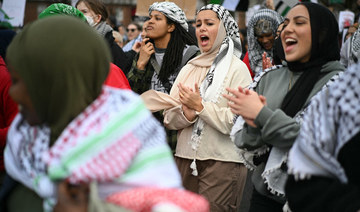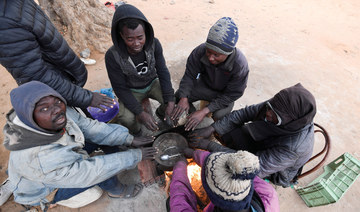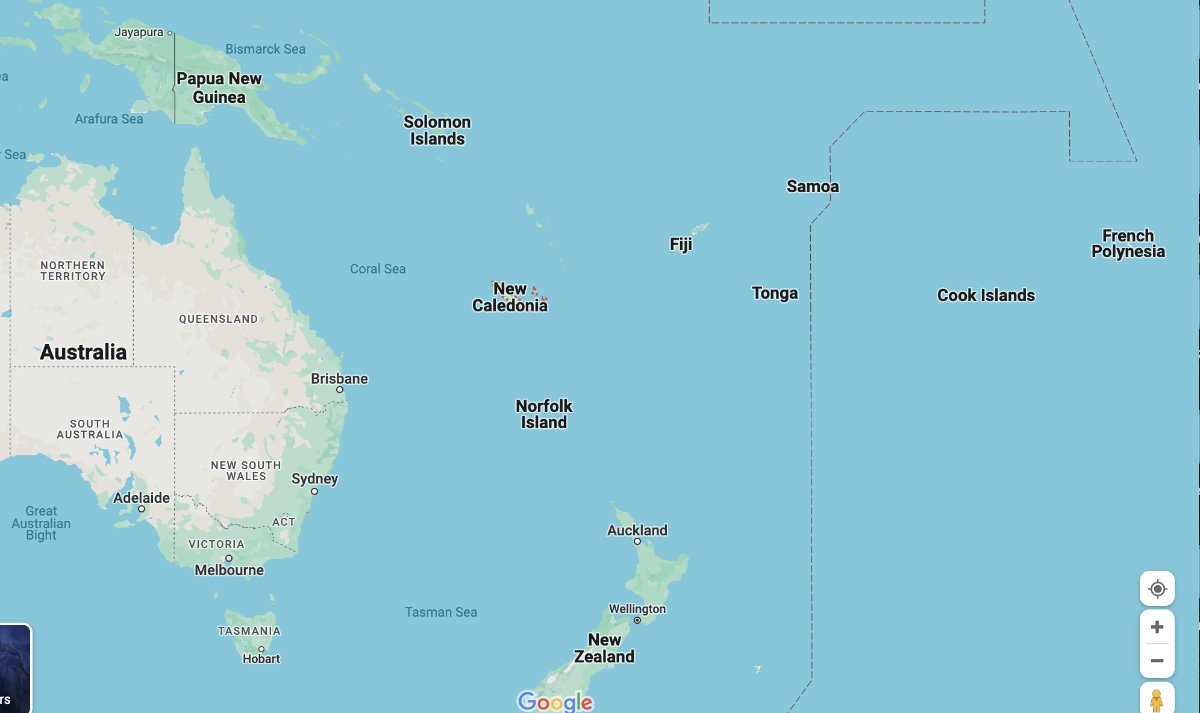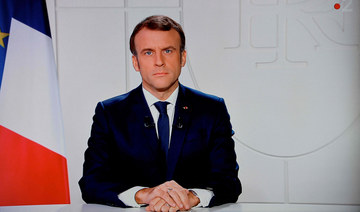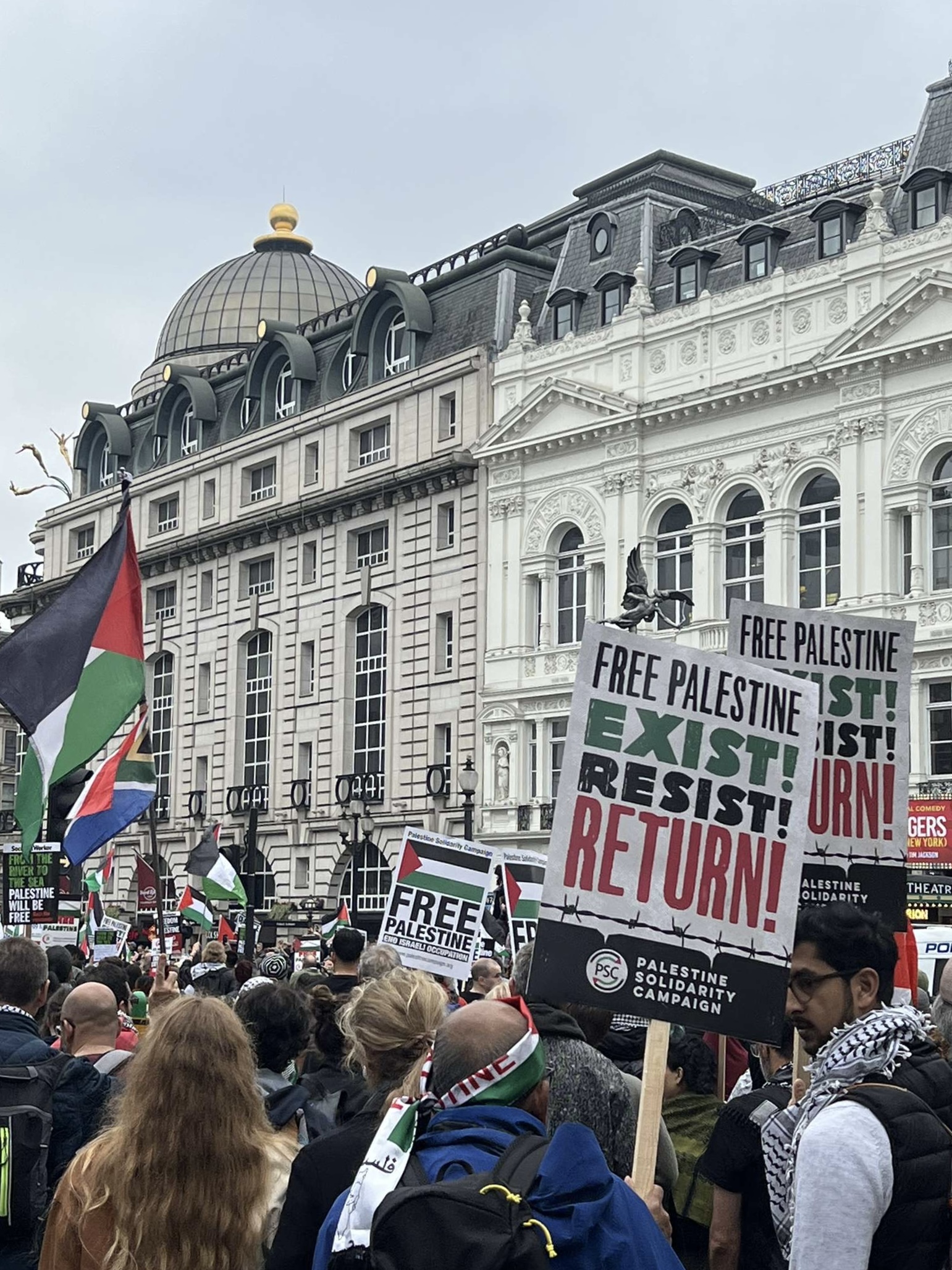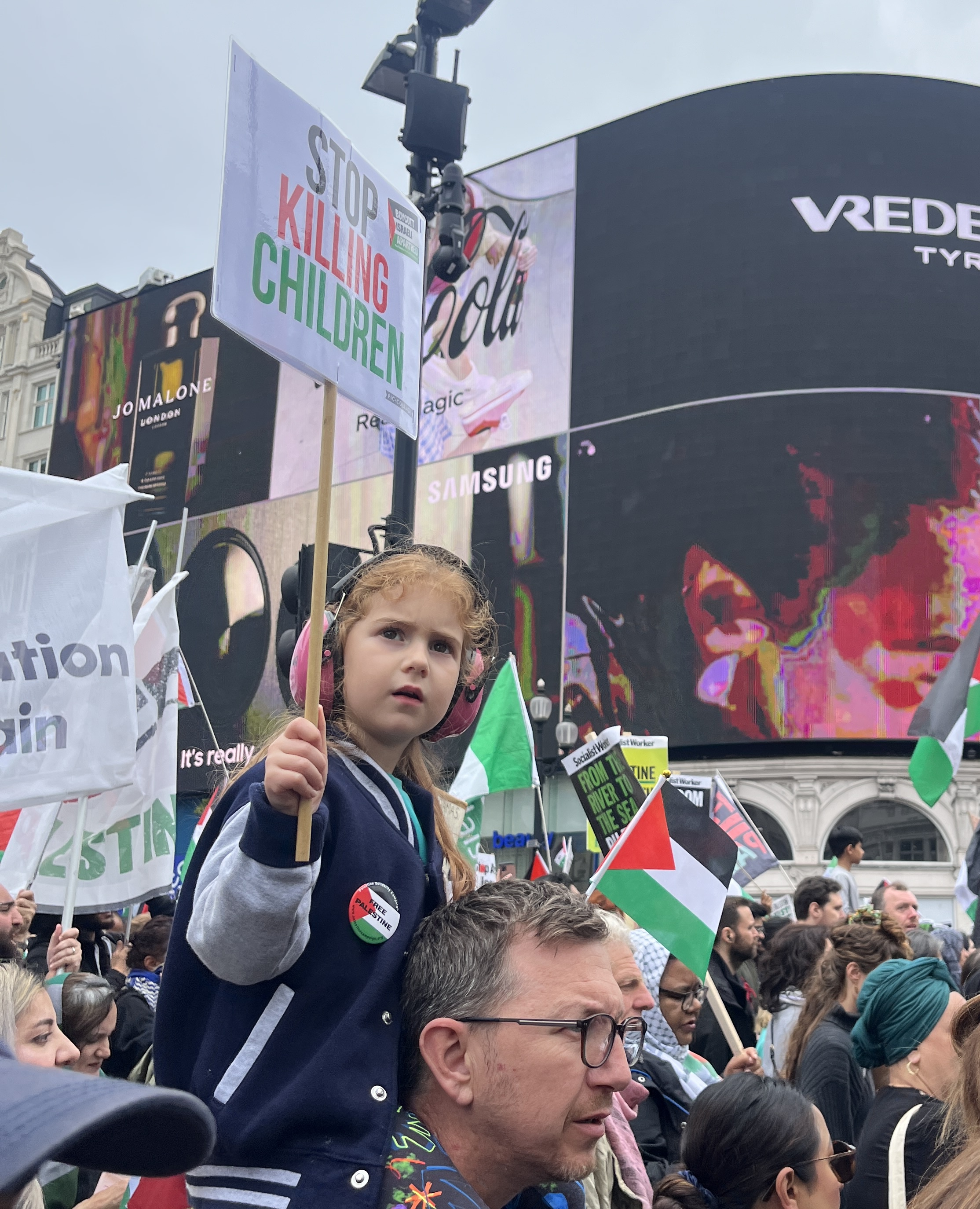KARACHI: With more than 100 million people registered to vote in Pakistan’s general election on Wednesday, a large number are expected to cast a ballot for or against the “movers and shakers” of the country’s political system.
Although Pakistan’s establishment will allegedly have a decisive say in the formation of the future government, and this general election has already being tainted by allegations of pre-poll rigging and maneuvering, we have selected several important political figures who still matter in this political system.
1 Imran Khan: Can’t wait to become PM
After running a long anti-corruption and reform drive, Imran Khan, a 65-year-old cricketer-cum-politician, is restlessly waiting for the result, which he claims will take him to Prime Minister House, from where he will steer the country towards educational, police and economic reforms. Khan, who formed Pakistan Tehreek-e-Insaf (PTI) on April 25, 1996, a few years after he brought the World Cup title home, had several attempts before making a mark in the 2013 elections.
2 Asif Ali Zardari: The man behind the scenes
Asif Ali Zardari, former president of Pakistan, though rarely seen in the forefront, is believed to be directing the PPP’s election campaign from behind the scenes. On Saturday, the Federal Investigation Agency (FIA) declared Zardari as an absconding accused in a money laundering case. Earlier, the FIA had found him along with his sister involved in laundering Rs35million. Zardari hadn’t contested the general elections of 2002, 2008 and 2013. He became president of Pakistan after his party won the general election in 2008 and formed a coalition government.
Analysts say since Zardari has been accused of corruption he took a back seat, leaving the front seat for his son, Bilawal Bhutto Zardari.
3 Bilawal Bhutto Zardari: Resuming his mother’s journey
Bilawal Bhutto Zardari, 30, is chairman of the Pakistan Peoples Party (PPP). The son of former prime minister Benazir Bhutto, who was assassinated during the course of her election campaign on December 27, 2007, he is resuming the unfinished journey of his mother. “You had stood by Zulfiqar Ali Bhutto, you had stood by Benazir Bhutto, and you have come out for me. I am expecting you to support me with same zeal in this and future elections,” Bilawal would say to people who would welcome him during his road drive around Pakistan that he kicked off on July 2. As this correspondent was accompanying him through Sindh, he never mentioned the name of his father, former Pakistan president Asif Ali Zardari, during his speeches in different cities and towns. Analysts say that even if Bilawal fails to win a majority, he will be able to protect his party from collapse.
4 Shehbaz Sharif: The last of the Sharifs
Shehbaz Sharif, the former chief minister of Punjab who became president of the Pakistan Muslim League Nawaz (PML-N) after the disqualification of his elder brother, former Prime Minister Nawaz Sharif, is going through a rough patch. Whereas some criticize him for not fully supporting his brother and accuse him making his own way, others criticize him for standing with his disqualified brother.
Sharif has established himself as one of the successful chief ministers and often cites his development works and peacemaking efforts to win this year’s general elections. However, the National Accountability Bureau actions and court rulings against his party’s candidates have narrowed the lane towards PM House for him.
5 Chaudhry Nisar Ali Khan: The invisible power
Chaudhry Nisar Ali Khan is contesting as an independent candidate with the symbol of Jeep, sarcastically attributed to those having close ties with security institutions, from two national and two Punjab assembly seats. The former interior minister, who some see as a potential contender for premiership, will easily make it to both national and provincial assemblies and may emerge as a candidate for PM if PTI fails to win a decisive majority.
Nisar last week said Sharif was in hot water because he ignored his warning against clashes with the establishment.
6 Syed Mustafa Kamal: A rebellion that shackled Altaf’s reign
Syed Mustafa Kamal, who rose to fame as mayor of the megacity of Karachi, was not the first one to defect from Altaf Hussain, founder of the Muttahida Qaumi Movement (MQM), a party of Indian immigrants. However, he was the first one to organize a party, the Pak Sarzameen Party (Pakistan Homeland Party), which he launched along with Anees Qaimkhani in March 2016 and can challenge the MQM-P, a faction which disowned Altaf, and MQM-L, a group still run by Altaf Hussain from London.
Kamal is confident he will become an alternative for the Mohajir voters, whom, he says, Hussain has been exploiting. “We have a contest with PPP on three seats; on the rest we have already won,” Kamal told Arab News in an earlier interview.
The political observers, however, are unable to predict Karachi’s results, because the first fear-free elections have left it unpredictable.
7 Sirajul Haq: Jamaat-e-Islami’s reformist
Sirajul Haq, chief of Jamaat-e-Islami and vice-president of the Muttahida Majlis-e-Amal (MMA), is contesting his first general election as chief. Haq himself got elected as a member of the provincial assembly in 2002 and was made senior minister of finance; however, his party boycotted the next general election of 2008. In 2013, JI announced a midday boycott in Karachi. In Khyber Pakhtunkhwa, however, Haq’s party formed a coalition government with PTI, which continued for a little less than five years. By entering into an alliance with Maulana Fazlur Rehman-led Jamiat Ulama-e-Islam – Fazal, the JI emir is trying to revive his party.
8 Fazlur Rehman: Close to the corridors of power
Fazlur Rehman, chief of Jamiat Ulama-e-Islam – Fazal (JUI-F), who became president of the Muttahida Majlis-e-Amal (MMA) in March earlier this year, is known for the art of entering into the corridors of power. Although his party hasn’t won a majority of seats after the 2002 election, when Rehman’s relative and party leader Akram Khan Durrani was made chief minister, the JUI-F chief has been able to get his share in power with the help of whatever number of lawmakers he had.
9 Khalid Maqbool Siddiqui: Fighting a war of survival
Khalid Maqbool Siddiqui was made convener of the Muttahida Qaumi Movement – Pakistan (MQM-P) after a rift between Farooq Sattar-led PIB and Amir Khan-led Bahadurabad factions. Siddiqui, who started his political career with the All Pakistan Mohajir Student Organization (APMSO), the student wing of the MQM, was elected as convener amid several challenges, including an internal rift, the emergence of a strong opponent in the form of the Mustafa Kamal-led PSP and boycott calls from London. He, however, was able to convince Farooq Sattar to join him for better results. The 55-year-old chief of MQM-Pakistan is striving to retain the maximum number of seats his party had won under the leadership of Altaf Hussain.











